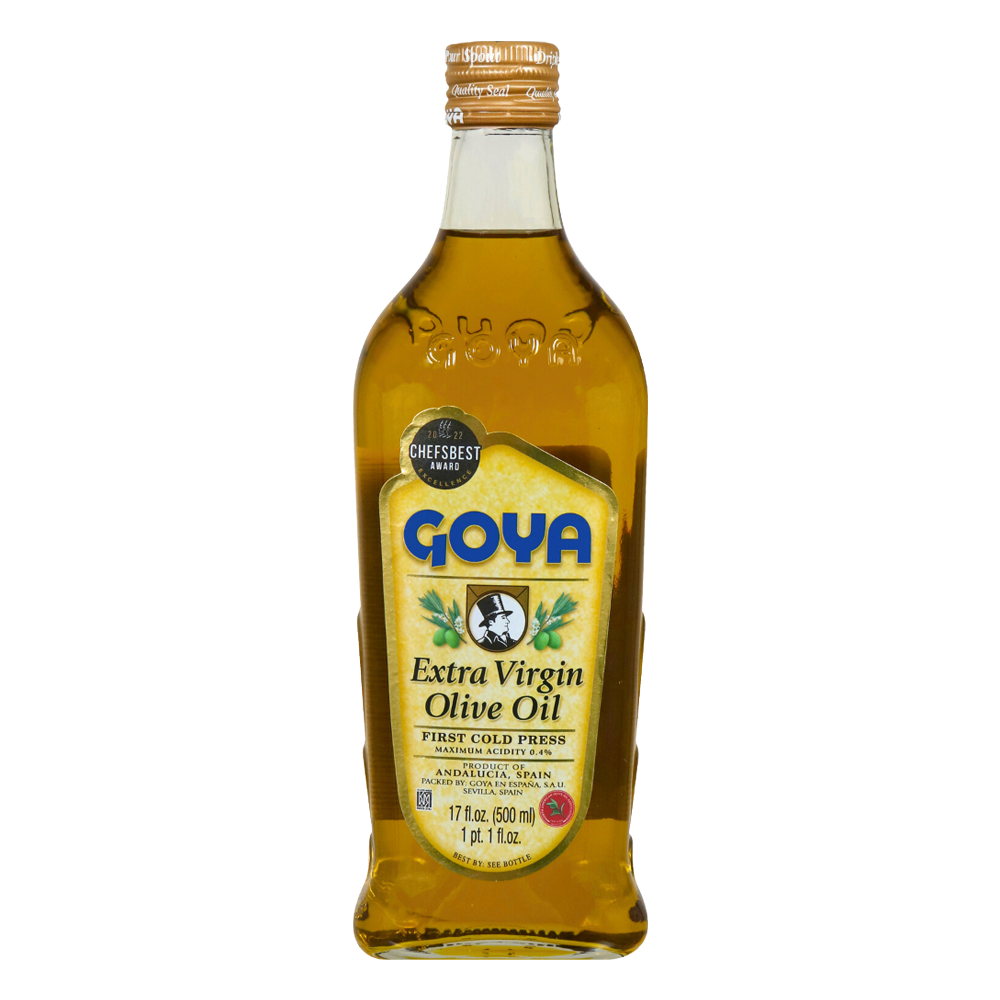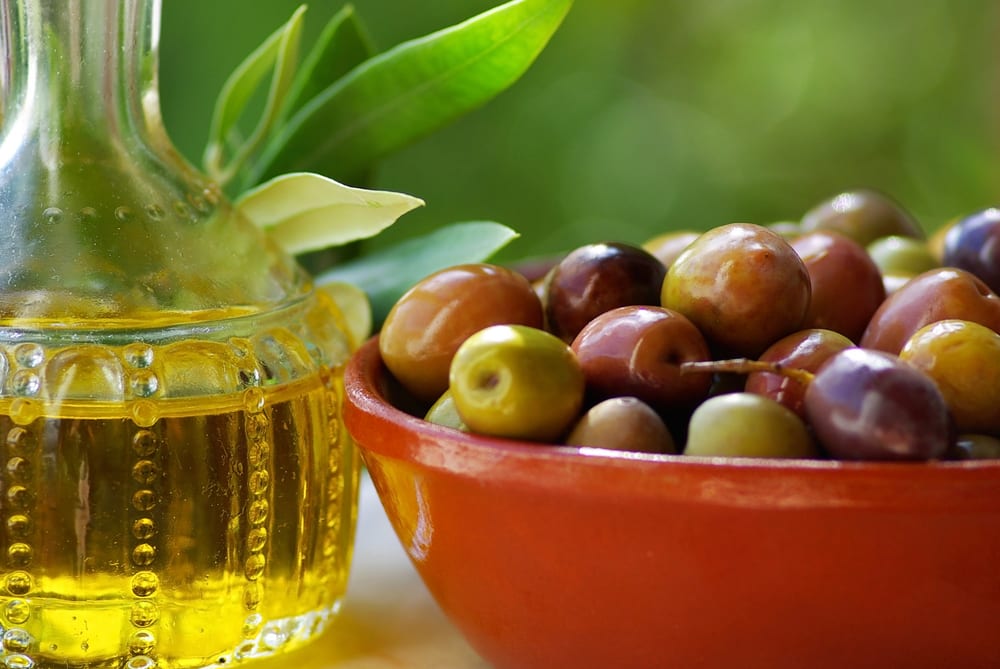How Extra Virgin Olive Oil Benefits Your Heart and Overall Well-being
How Extra Virgin Olive Oil Benefits Your Heart and Overall Well-being
Blog Article
Discovering the Various Kinds of Olive Oil and Their Uses, Including Extra Virgin Olive Oil
The exploration of olive oil includes a varied array of kinds, each offering culinary applications and distinct flavors. Extra virgin olive oil, renowned for its superior quality and health advantages, serves as a staple in many kitchens, yet it is just one aspect of this diverse ingredient.
What Is Olive Oil?
Obtained from the fruit of the olive tree, olive oil is a staple in Mediterranean cuisine and an essential ingredient in numerous culinary applications. This versatile oil is generated by pressing entire olives, causing a fluid that differs in flavor, shade, and scent relying on the kind of olives made use of, the area of growing, and the extraction process. Olive oil is mostly composed of monounsaturated fats, specifically oleic acid, which is understood for its possible wellness advantages, including anti-inflammatory buildings and cardio support.
Along with its cooking uses, olive oil has a long history of application in typical medicine and skin care, owing to its rich antioxidant web content (extra virgin olive oil benefits). The oil is commonly used in dressings, sauces, and for cooking approaches such as sautéing and roasting. Its distinct taste account can enhance the preference of numerous dishes, making it a vital active ingredient for both home cooks and expert cooks
Additionally, olive oil is celebrated for its duty in the Mediterranean diet plan, which is linked with countless health benefits. As awareness of these advantages grows, olive oil remains to gain appeal worldwide as an essential part of a healthy lifestyle.
Kinds of Olive Oil
Understanding the different sorts of olive oil is crucial for both health-conscious consumers and cooking enthusiasts. Olive oil is classified mainly based upon its removal approach and quality, which substantially impacts its aroma, flavor, and wellness advantages.

Light olive oil, regardless of its name, refers to a lighter flavor and not lower calories. It is perfect for those seeking a more subtle preference in dressings and sauces. In addition, there are flavored olive oils instilled with natural herbs, flavors, or citrus, which can boost dishes without the need for added seasoning.
Each type of olive oil offers specific cooking objectives, and recognizing these differences enables customers to make enlightened choices that line up with their food preparation designs and wellness goals.
Extra Virgin Olive Oil
Bonus virgin olive oil (EVOO) is commonly considered the greatest top quality olive oil offered, celebrated for its rich flavor and many health and wellness advantages. To be identified as extra virgin, the oil should be generated from fresh olives utilizing mechanical procedures, without using solvents or excessive warm. This careful approach preserves the oil's all-natural flavors, anti-oxidants, and healthy fats, leading to a product with a low acidity level of much less than 0.8%.
EVOO is abundant in monounsaturated this article fats, especially oleic acid, which is connected to reduced swelling and boosted heart health and wellness. It also consists of polyphenols, powerful anti-oxidants that may supply protective impacts versus persistent conditions. The flavor profile of EVOO can vary dramatically relying on the olive variety and region of production, varying from verdant and fruity to durable and peppery.

Culinary Utilizes of Olive Oil

In food preparation, olive oil can be used for sautéing, toasting, and cooking, giving a much healthier choice to butter or other fats. Its high smoke point Source makes it suitable for numerous cooking techniques, while its antioxidants add to a heart-healthy diet regimen. Sprinkling olive oil over completed recipes, such as pasta, fish, or grilled veggies, can raise flavors and include a touch of elegance.
Additionally, olive oil plays a substantial duty in baking, where it can replace typical fats in recipes for bread and breads, giving moisture and a refined preference. It likewise offers as a base for infused oils, allowing chefs to experiment with flavors such as garlic, natural herbs, or chili, even more increasing its cooking possibility. Overall, olive oil's versatility makes it crucial in both home and expert cooking areas.
Picking Quality Olive Oil
When choosing high quality olive oil, it's vital to consider several essential factors that influence the product's health, taste, and scent advantages. Choose for extra virgin olive oil (EVOO), which is derived from the very first cool pushing of olives and consists of the highest possible levels of Home Page antioxidants and helpful substances. Look for oils that are accredited by recognized companies, as this often ensures adherence to rigorous high quality standards.
The packaging also plays a significant duty in maintaining the oil's honesty. Select oils stored in dark glass bottles or tins to shield against light destruction. Focus on the harvest day; fresher oils provide superior flavor and dietary worth, so choose products that are within 18 months of their harvest.
Be conscious of the taste; an excellent high quality olive oil need to have a balance of fruity, bitter, and sharp notes, showing its splendor and intricacy. By examining these variables, you can guarantee you are selecting the ideal olive oil for your culinary needs.
Conclusion
In summary, the expedition of different types of olive oil exposes unique characteristics and applications, with additional virgin olive oil standing for the pinnacle of quality due to its reduced level of acidity and high antioxidant material. Its convenience in cooking usages improves tastes in dressings, marinates, and sprinkles. Recognizing the different ranges of olive oil permits notified selections in food preparation approaches, advertising healthier practices while enhancing the total gastronomic experience. Quality option continues to be important for ideal benefits.
Obtained from the fruit of the olive tree, olive oil is a staple in Mediterranean food and a vital ingredient in various culinary applications.The most usual types of olive oil include refined olive oil, pure olive oil, and light olive oil.Extra virgin olive oil (EVOO) is commonly pertained to as the greatest quality olive oil readily available, well known for its abundant flavor and countless health advantages. Opt for added virgin olive oil (EVOO), which is derived from the first cool pushing of olives and has the highest degrees of anti-oxidants and advantageous compounds.In recap, the exploration of numerous kinds of olive oil reveals distinctive attributes and applications, with added virgin olive oil representing the peak of top quality due to its reduced acidity and high antioxidant web content.
Report this page